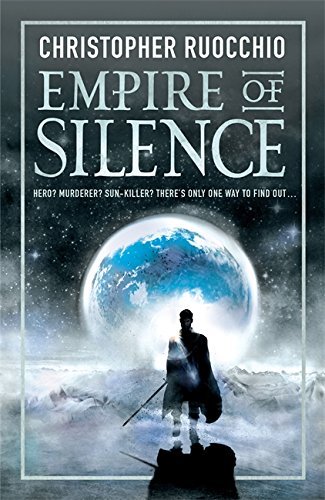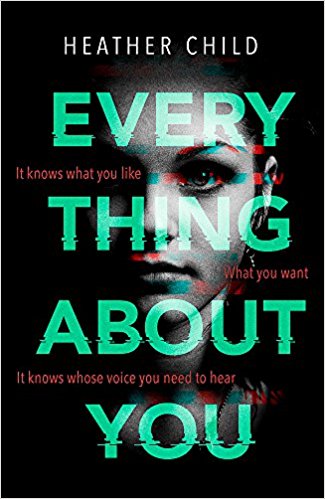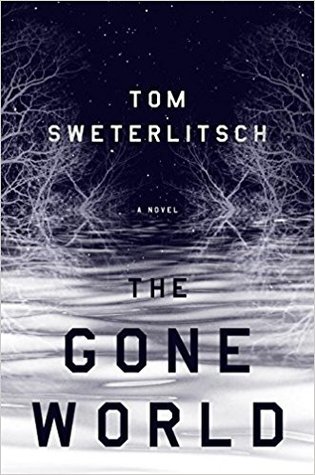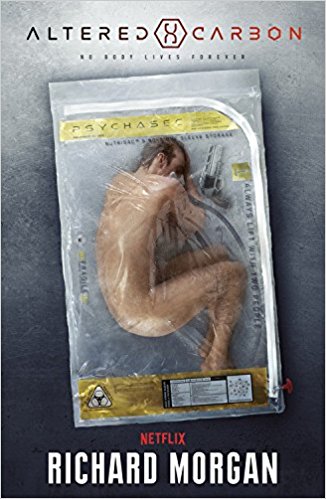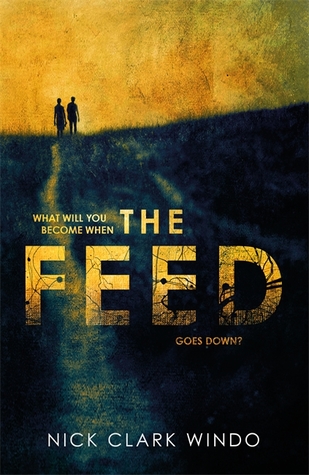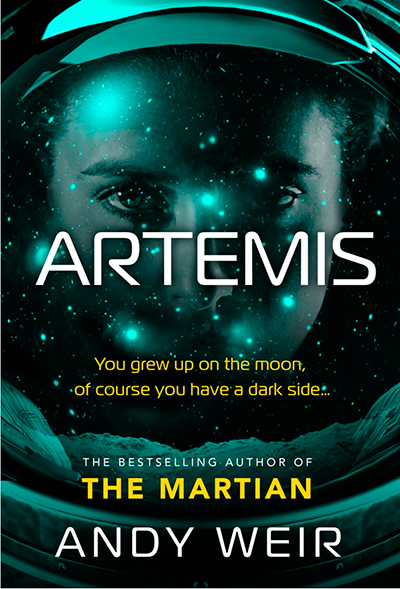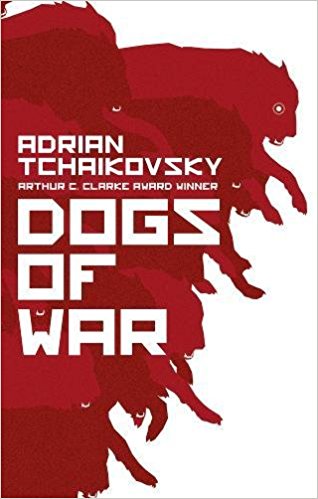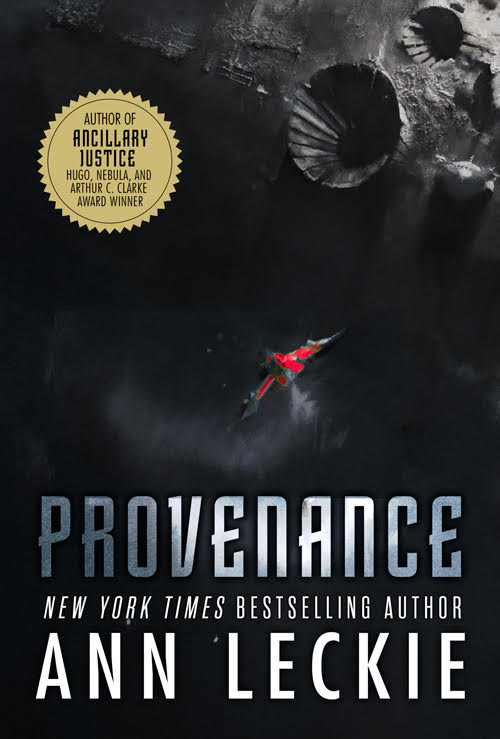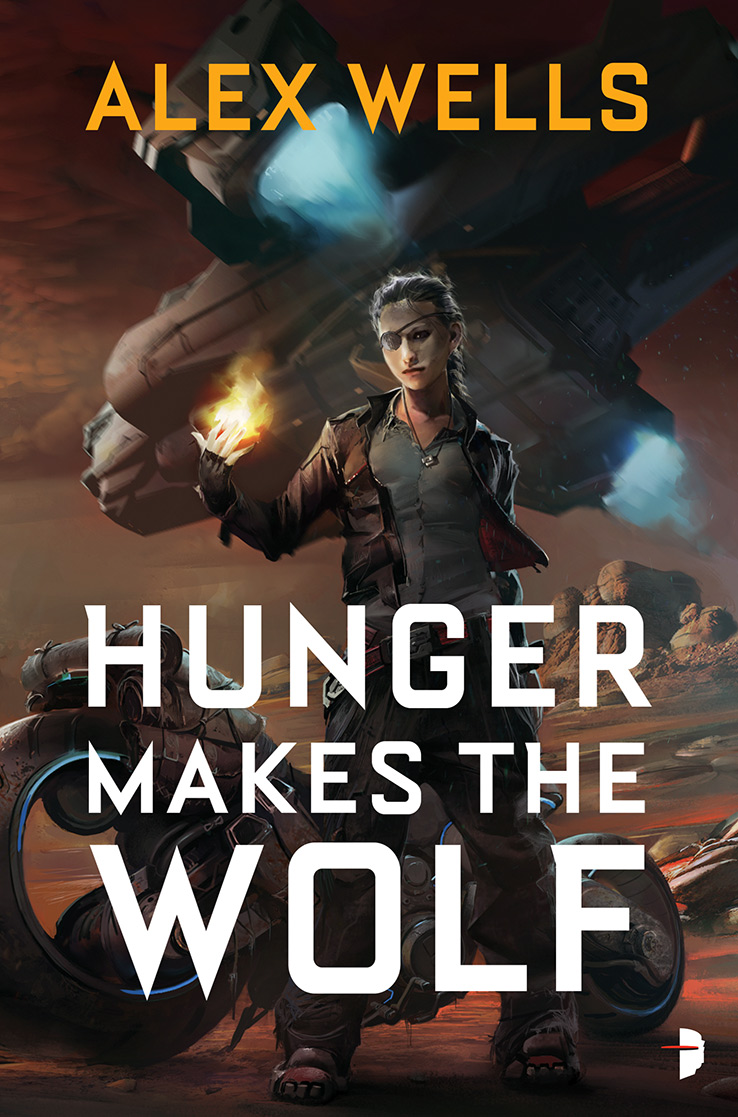It was not his war. On the wrong planet, at the right time, for the best reasons, Hadrian Marlowe started down a path that could only end in fire. The galaxy remembers him as a hero: the man who burned every last alien Cielcin from the sky. They remember him as a monster: the devil who destroyed a sun, casually annihilating four billion human lives–even the Emperor himself–against Imperial orders. But Hadrian was not a hero. He was not a monster. He was not even a soldier. Fleeing his Read more […]
The Long Autumn is coming to an end. For almost a century after the coming of The Sisters, the surviving peoples of rainswept England have huddled in small communities and on isolated farms, scavenging the remains of the old society. But now society, of a kind, is starting to rebuild itself. In Kent, a brutal tyranny is starting to look West. In the Cotswolds, something terrible and only vaguely-glimpsed is happening. And in a little corner of Berkshire two families are at war with each other. After Read more […]
Freya has a new virtual assistant. It knows what she likes, knows what she wants and knows whose voice she most needs to hear: her missing sister’s. It adopts her sister’s personality, recreating her through a life lived online. But this virtual version of her knows things it shouldn’t be possible to know. It’s almost as if the missing girl is still out there somewhere, feeding fresh updates into the cloud. But that’s impossible. Isn’t it? I’m sure many of you have a digital Read more […]
When anything can be owned, how can we be free Earth, 2144. Jack is an anti-patent scientist turned drug pirate, traversing the world in a submarine as a pharmaceutical Robin Hood, fabricating cheap scrips for poor people who can’t otherwise afford them. But her latest drug hack has left a trail of lethal overdoses as people become addicted to their work, doing repetitive tasks until they become unsafe or insane. Hot on her trail, an unlikely pair: Eliasz, a brooding military agent, and his Read more […]
Shannon Moss is part of a clandestine division within the Naval Criminal Investigative Service. In Western Pennsylvania, 1997, she is assigned to solve the murder of a Navy SEAL’s family–and to locate his teenage daughter, who has disappeared. Though she can’t share the information with conventional law enforcement, Moss discovers that the missing SEAL was an astronaut aboard the spaceship U.S.S. Libra–a ship assumed lost to the darkest currents of Deep Time. Moss knows first-hand the mental trauma Read more […]
In the twenty-fifth century, humankind has spread throughout the galaxy, monitored by the watchful eye of the U.N. While divisions in race, religion, and class still exist, advances in technology have redefined life itself. Now, assuming one can afford the expensive procedure, a person’s consciousness can be stored in a cortical stack at the base of the brain and easily downloaded into a new body (or “sleeve”) making death nothing more than a minor blip on a screen. Ex-U.N. envoy Takeshi Read more […]
It makes us. It destroys us. The Feed is everywhere. It can be accessed by anyone, at any time. Every interaction, every emotion, every image can be shared through it. Tom and Kate use The Feed, but they have resisted addiction to it. And this will serve them well when The Feed collapses. Until their six-year-old daughter, Bea, goes missing. Because how do you find someone in a world devoid of technology? And what happens when you can no longer trust that your loved ones are really who Read more […]
Jazz Bashara is a criminal. Well, sort of. Life on Artemis, the first and only city on the moon, is tough if you’re not a rich tourist or an eccentric billionaire. So smuggling in the occasional harmless bit of contraband barely counts, right? Not when you’ve got debts to pay and your job as a porter barely covers the rent. Everything changes when Jazz sees the chance to commit the perfect crime, with a reward too lucrative to turn down. But pulling off the impossible is just the start of her Read more […]
Please note, Beyond the Empire is the third book in The Indranan War trilogy. If you haven’t read books one and two then read no further. This review will likely contain minor spoiler. I’d suggested picking both books, reading them and and then coming back when you’re ready. It’s ok, I’ll wait. Gunrunner-turned-Empress Hail Bristol was dragged back to her home planet to take her rightful place in the palace. Her sisters and parents have been murdered, and the Indranan Empire is reeling Read more […]
Rex is a Good Dog. He loves humans. He hates enemies. He’s utterly obedient to Master. He’s also seven foot tall at the shoulder, bulletproof, bristling with heavy calibre weaponry and his voice resonates with subsonics especially designed to instil fear. With Dragon, Honey and Bees, he’s part of a Multi-form Assault Pack operating in the lawless anarchy of Campeche, Southeastern Mexico. Rex is a genetically engineered bioform, a deadly weapon in a dirty war. He has the intelligence to carry Read more […]
A power-driven young woman has just one chance to secure the status she craves and regain priceless lost artifacts prized by her people. She must free their thief from a prison planet from which no one has ever returned. Ingray and her charge will return to her home world to find their planet in political turmoil, at the heart of an escalating interstellar conflict. Together, they must make a new plan to salvage Ingray’s future, her family, and her world, before they are lost to her for good. Read more […]
The Inspiration for the Upcoming TV Show Though perhaps most famous as a novelist, over the course of his career Philip K. Dick wrote more than one hundred short stories, each as mind-bending and genre-defining as his longer works. Philip K. Dick’s Electric Dreams collects ten of the best from across his career. In “Autofac,” Dick shows us one of the earliest examples (and warnings) in science fiction of self-replicating machines. “Exhibit Piece” and “The Commuter” feature Dick exploring Read more […]
The strange planet known as Tanegawa’s World is owned by TransRifts Inc, the company with the absolute monopoly on interstellar travel. Hob landed there ten years ago, a penniless orphan left behind by a rift ship. She was taken in by Nick Ravani and quickly became a member of his mercenary biker troop, the Ghost Wolves. Ten years later, she discovers that the body of Nick’s brother out in the dunes. Worse, his daughter is missing, taken by shady beings called the Weathermen. But there are Read more […]

